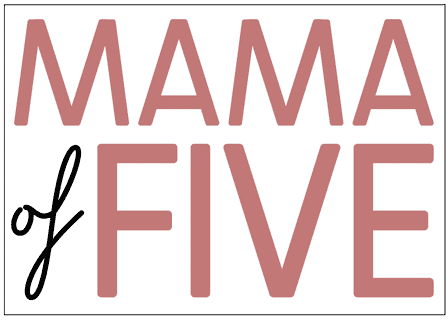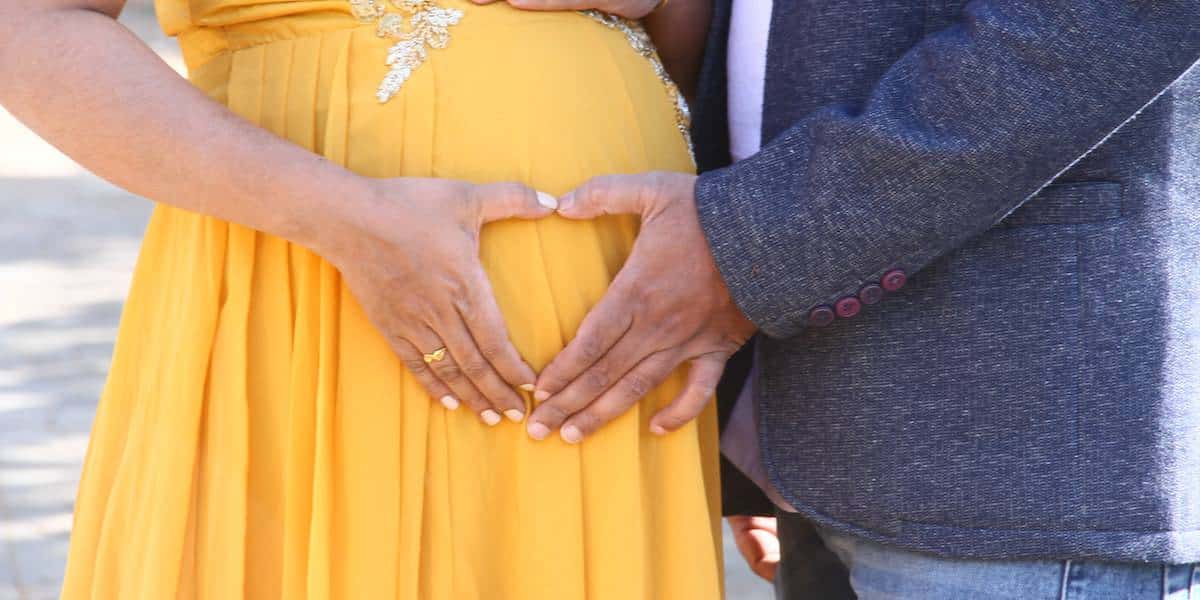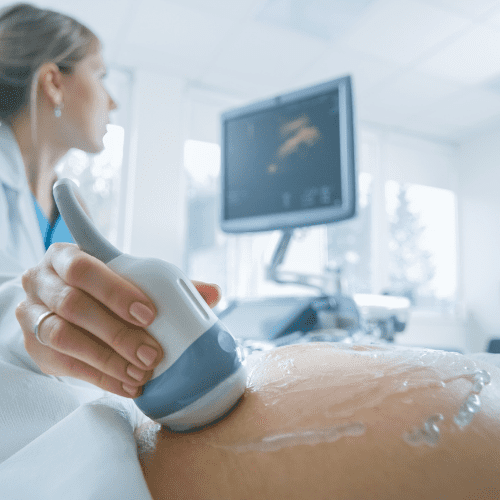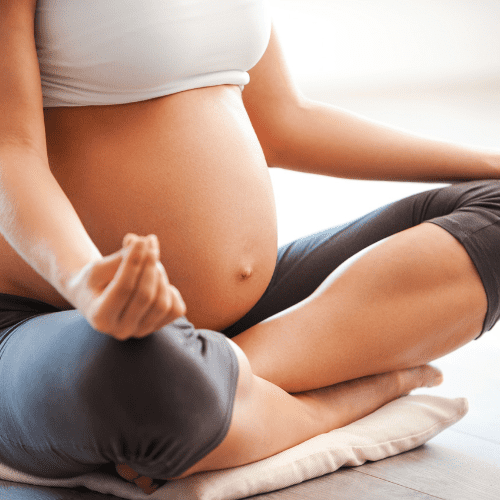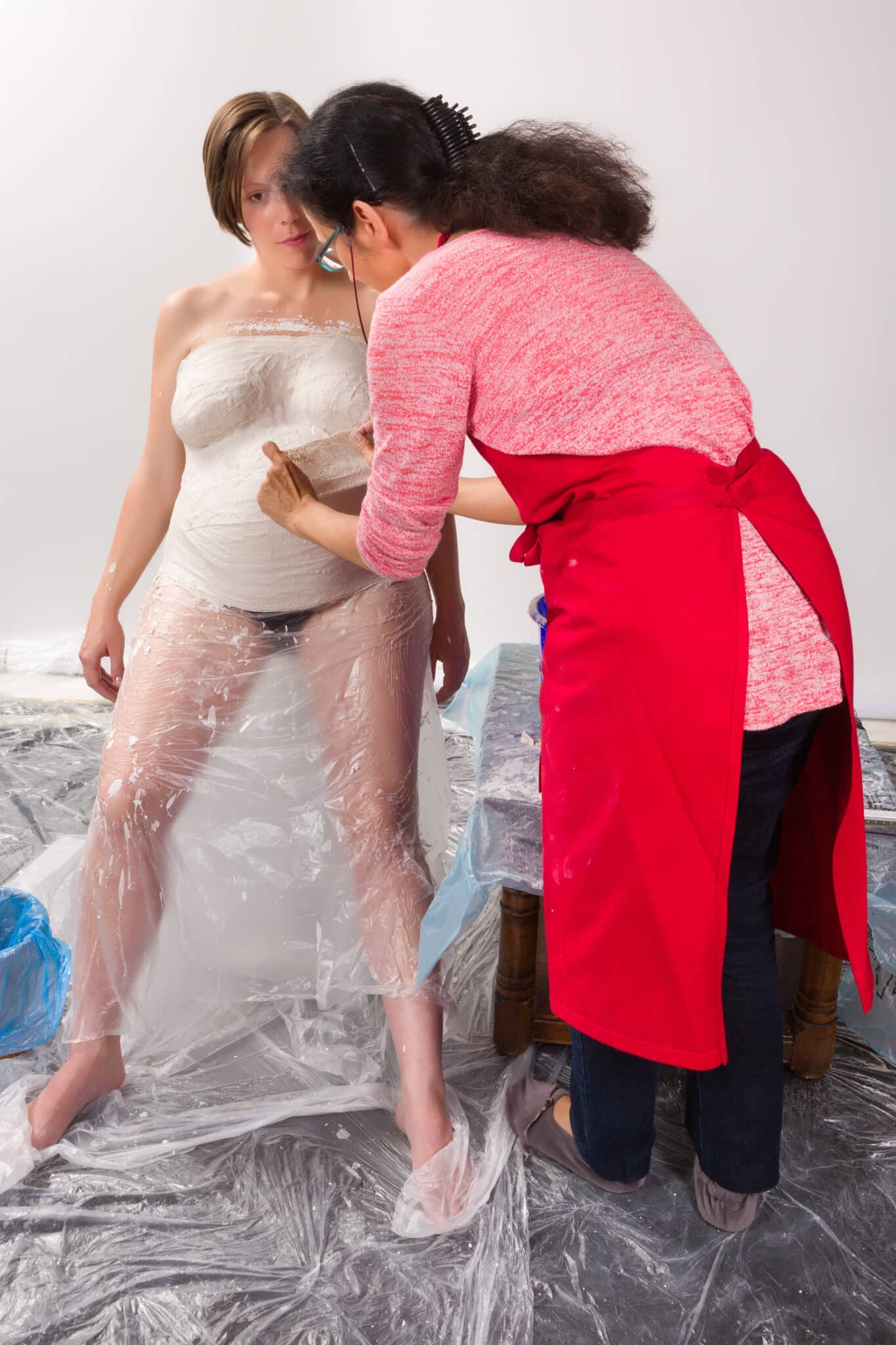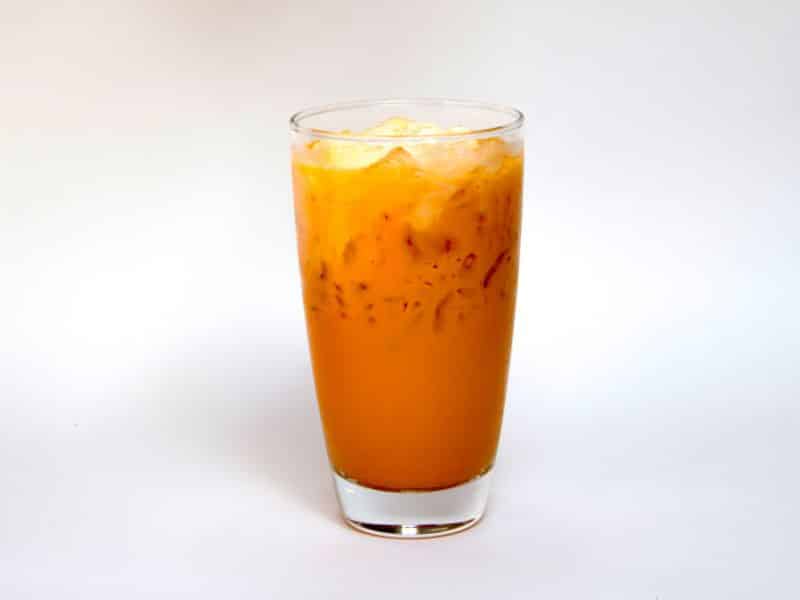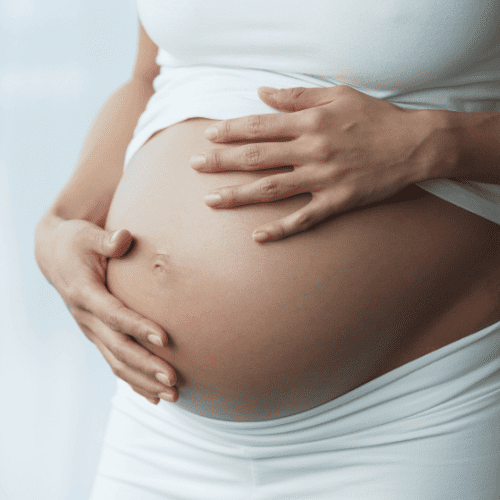Most teas are safe to drink while pregnant, providing they don’t include caffeine. However, with taro milk tea, the answer isn’t a straight yes or no. Most research surrounding the subject of safe tea is somewhat limited, and while there is little evidence to suggest taro milk tea is harmful during pregnancy, this does not prove that the tea is safe to be consumed by pregnant women.
As an Amazon Associate, I earn from qualifying purchases. The links below may be affiliate links. Please read my disclosure policy for more information.
What is Taro?
Taro is the root vegetable of the Araceae plant family, which is native to South India and Asia’s tropical regions, but is also now grown in areas like Venezuela, Brazil, and Hawaii.
Taro roots can be white, purple, or pink, depending on where they are grown and usually have white flesh covered by brown skin.
The plant’s leaves are heart-shaped and are edible; the texture of which is similar to that of a potato, and because of this, they can either be fried, boiled, mashed, baked, or roasted because of their starchiness.
Taro Milk Tea & Pregnancy
Pregnant women should always seek advice from their General Practitioner or a nutritional expert if there’s any doubt on what foods and beverages are safe to consume or not.
Making tea at home can be a safer option as you have full autonomy over what goes into your drink. Teas with high caffeine content should be avoided.
Some herbal teas, such as ginger or peppermint, can help pregnant women with symptoms like nausea or indigestion.
Bubble tea should be limited to once or twice a month only.
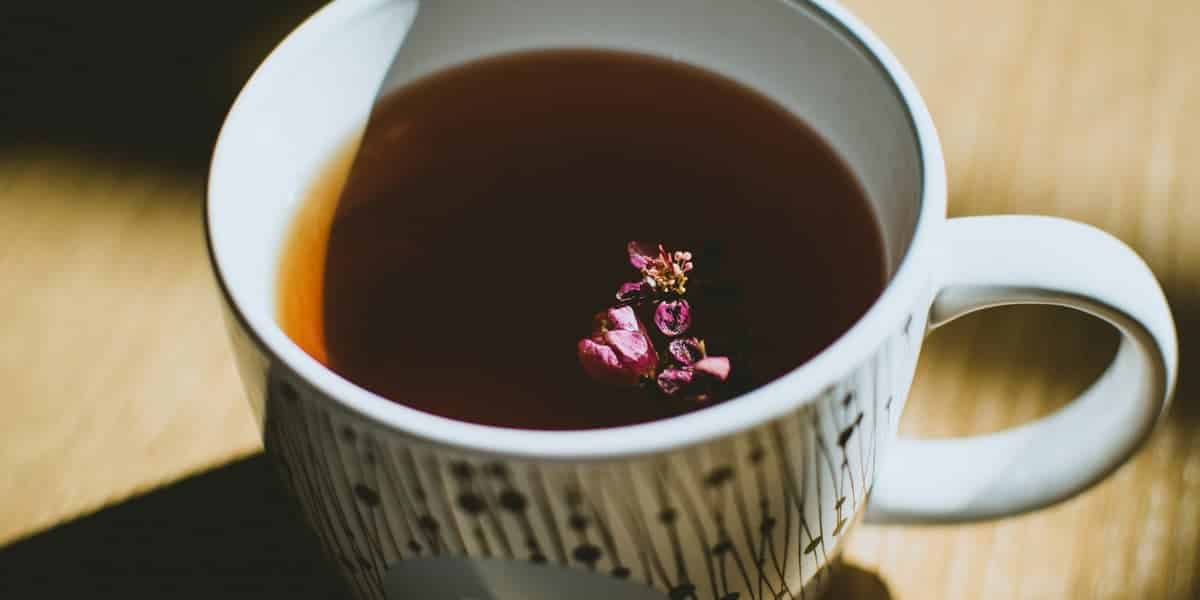
Does Taro Tea Have Caffeine?
Taro tea typically contains caffeine as it is made with green or black tea leaves, both of which contain caffeine, so if you wish to enjoy a Taro-based beverage while pregnant, it is wise to go for a decaf option, if possible.
Why is Caffeine Bad During Pregnancy?
Because caffeine is a stimulant and a diuretic, it increases your blood pressure and heart rate, both of which can be dangerous during a pregnancy.
Caffeine also increases dehydration because it increases the frequency of urination. This causes a reduction in your body fluid levels. Like everything else consumed during pregnancy, caffeine will reach the placenta.
Your baby is likely to be unable to metabolize caffeine, and because of its stimulating effect, will very likely upset your baby’s sleep pattern – as well as yours.
How Much Caffeine is in Coffee & Tea?
A typical cup of coffee will contain the following caffeine content:
- Brewed, 8 oz. | 95 – 165 mg
- Brewed, decaf, 8 oz. | 2 – 5 mg
- Espresso, 1 oz. | 47 – 64 mg
- Latte, 8 oz. | 63 – 126 mg
A typical cup of tea will contain the following caffeine content:
- Green tea (6 oz) 40 mg
- Black tea (6 oz) 45 mg
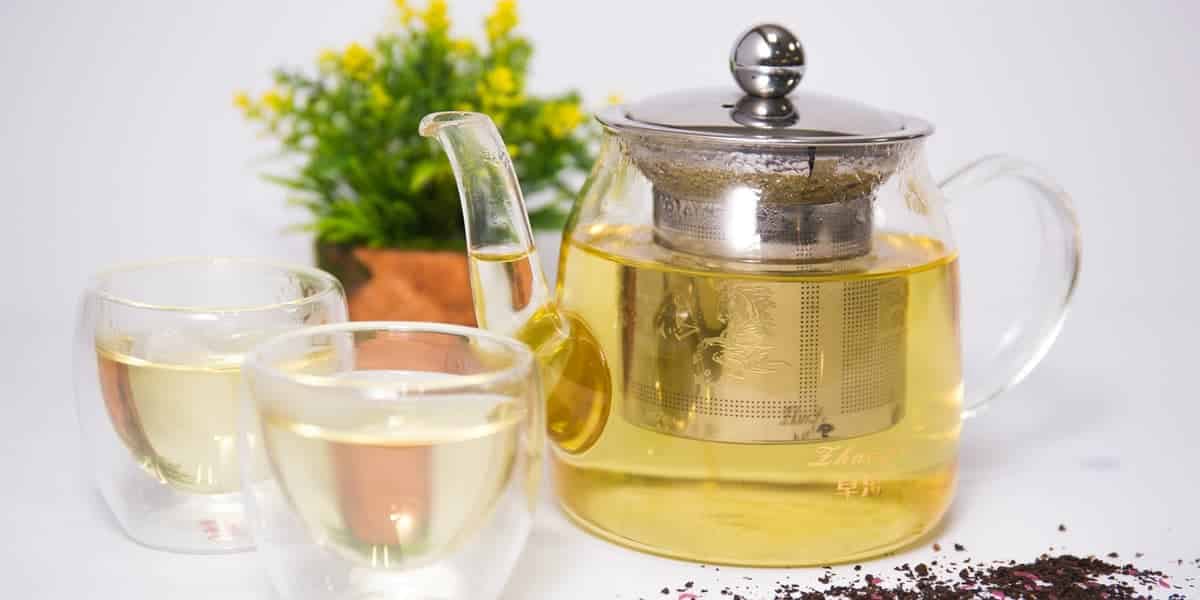
The Health Benefits of Taro Root
Because taro root is a natural plant-based item, there are many nutritional properties, including:
- It is high in fiber, potassium, magnesium, Vitamin B6, and other nutrients.
- Its fiber and resistant starch aid in blood sugar control and reduce the risk of heart disease.
- Taro also plays a huge role in weight loss cases, it keeps the consumer fuller for longer periods of time.
- It can be a good substitute for potatoes or other high-calorie refined carbohydrates.
- Taro can also help with digestion.
The Best Drinks to Drink When Pregnant
Keeping your liquid intake while pregnant is crucial and here are some of the best choices of beverages for pregnant women:
- Water (including sparkling)
- Milk
- Decaf herbal teas
- Flavored water
- Vegetable juice
- Kefir
- Natural fruit juices
- Broth
- Homemade/natural smoothies
- Coconut water
And the drinks you should avoid when pregnant:
- Alcohol
- Unpasteurized milk
- Unpasteurized juices
- Caffeinated beverages
- Sugary sodas
- Drinks with artificial sweeteners, like diet soda
What is Bubble Tea?
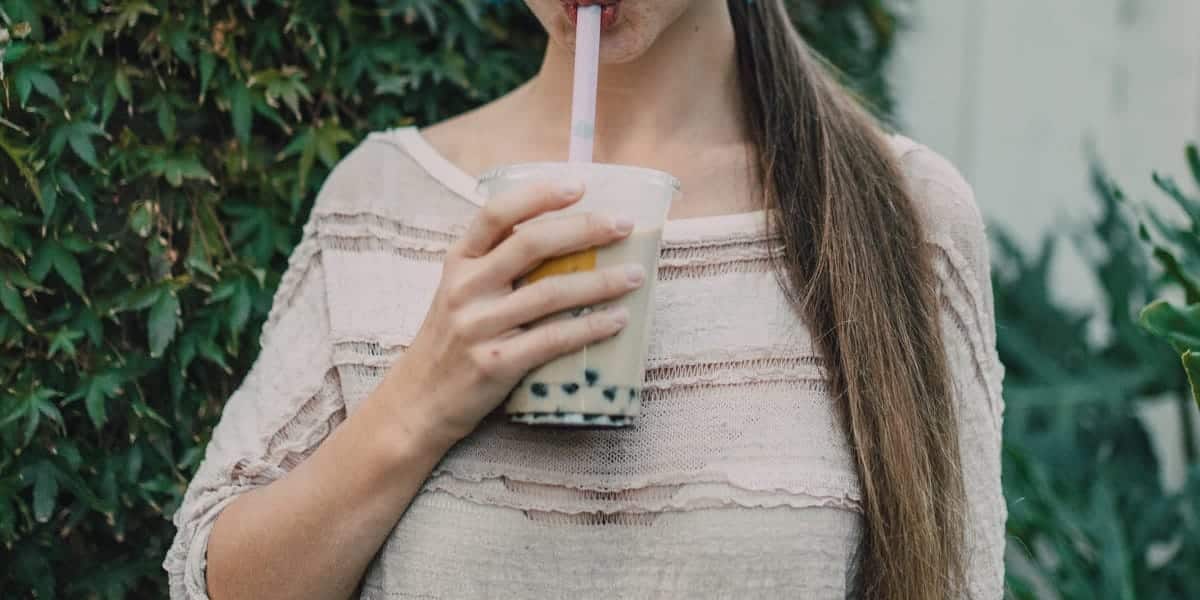
Bubble tea is a tea-based drink that was founded in the 1980s in tea shops in Taichung, Taiwan. Most bubble tea drinks contain a tea base of choice mixed with a fruit flavor or milk.
Ice-blended versions are usually mixed with more ice, resulting in a slushy consistency. The ‘bubbles’ in bubble tea come from the small chewy tapioca balls, also known as the ‘pearls’, ‘boba’, ‘zhen zhu’, or ‘the chew balls’.
Bubble tea is made in a variety of ways and there are many different recipes that many traditional tea shops hold that makes them unique from the rest.
These include different ingredients, such as milk, cream, ice cream, shaved ice, fresh fruit, syrup, flavored powders, soy milk, black tea, and/or green jasmine tea.
Can I Drink Bubble Tea When Pregnant?
Bubble tea should generally be avoided during pregnancy, particularly if the drink of choice contains caffeine. Many bubble tea options can come with artificial flavorings that may be high in sugar content too, so if you’re finding yourself craving bubble tea, exercise moderation to just enjoying the drink once or twice a month as a treat.
What are Boba Pearls Made From?
Boba pearls are also commonly known as Tapioca balls and are extracted from the cassava root. They are added to bubble tea to create the bubbly texture.
Conclusion
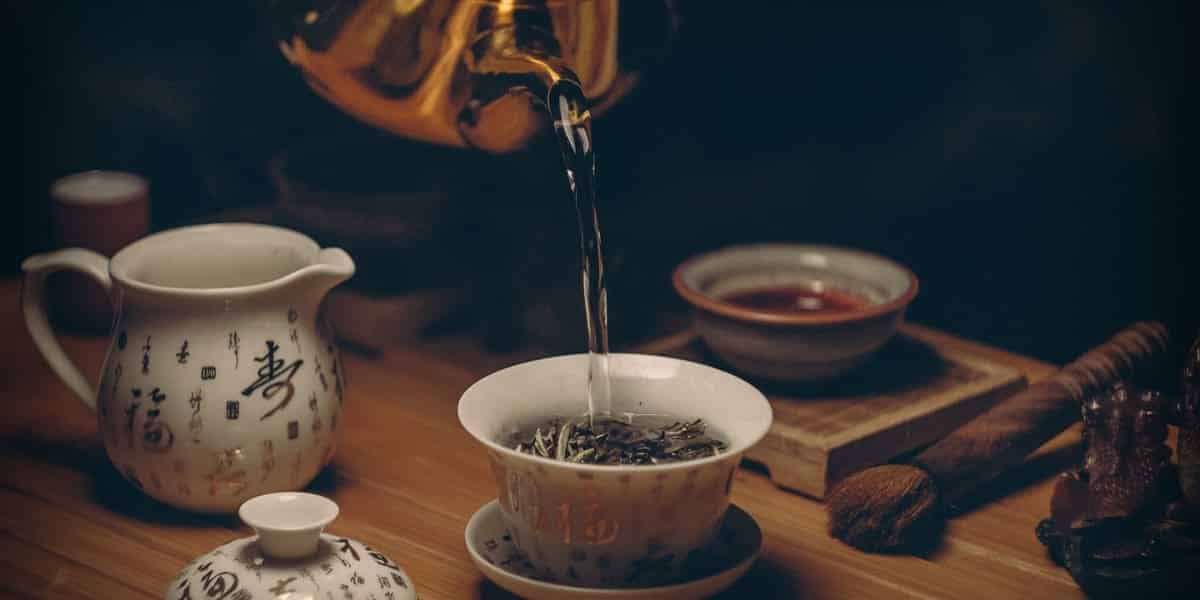
While Taro tea is a natural root extract, combined with black or green tea, it can contain caffeine which should be avoided if you are pregnant.
Most teas are harmless for pregnant women but if you’re ever in doubt then it is wise to seek advice from your doctor or a nutritional expert.
It is important to stay hydrated during pregnancy and any beverages that contain caffeine will cause a lack of natural fluids, which will lead to dehydration.
If you find yourself having a craving for other teas, such as bubble tea (which can be high in sugar content), try to exercise moderation and enjoy the drink once or twice a month only until after the baby is born.
